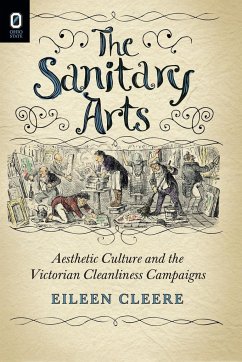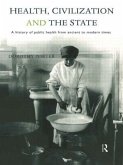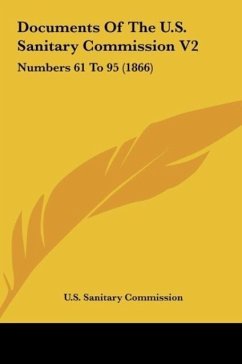Eileen Cleere argues in this interdisciplinary study that mid-century discoveries about hygiene and cleanliness not only influenced public health, civic planning, and medical practice but also powerfully reshaped the aesthetic values of the British middle class. By focusing on paintings, domestic architecture, and interior design, The Sanitary Arts: Aesthetic Culture and the Victorian Cleanliness Campaigns shows that the "sanitary aesthetic" significantly transformed the taste of the British public over the nineteenth century by equating robust health and cleanliness with new definitions of beauty and new experiences of aisthesis. Covering everything from connoisseurs to custodians, Cleere demonstrates that Victorian art critics, engineers, and architects-and even novelists from George Eliot to Charles Dickens, Charlotte Mary Young to Sarah Grand-all participated in a vital cultural debate over hygiene, cleanliness, and aesthetic enlightenment. The Sanitary Arts covers the mid-forties controversy over cleaning the dirt from the pictures in the National Gallery, the debate over decorative "dust traps" in the overstuffed Victorian home, and the late-century proliferation of hygienic breeding principles as a program of aesthetic perfectibility, to demonstrate the unintentionally collaborative work of seemingly unrelated events and discourses. Bringing figures like Edwin Chadwick and John Ruskin into close conversation about the sanitary status of beauty in a variety of forms and environments, Cleere forcefully demonstrates that aesthetic development and scientific discovery can no longer be understood as separate or discrete forces of cultural change.
Hinweis: Dieser Artikel kann nur an eine deutsche Lieferadresse ausgeliefert werden.
Hinweis: Dieser Artikel kann nur an eine deutsche Lieferadresse ausgeliefert werden.





![The Jungle: [A Graphic Novel] The Jungle: [A Graphic Novel]](https://bilder.buecher.de/produkte/55/55672/55672422m.jpg)


